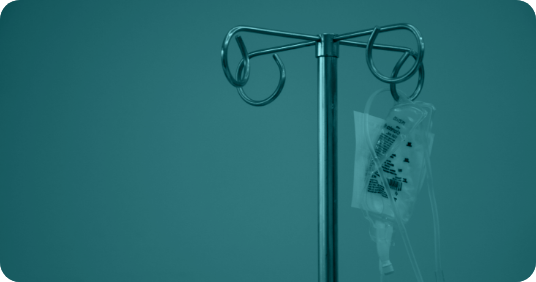About 340B Matters
340B Matters advocates for patients over profits. We seek to protect the lifesaving 340B Drug Discount Program, so this critical legislation can keep doing what it was intended to do: ensuring
Learn MoreStay In-The-Know
What's at Stake?

Lost Health Care Funding
As the healthcare landscape is changing, 340B is at risk. The total direct and indirect funding hospitals will lose if the discounts are reduced is unknown.
Learn More
Fewer Hospitals
Dozens of hospitals and clinics will close without the 340B drug discount program, especially in rural areas. Safety-net hospitals will have to reduce services for vulnerable patients.
Learn More
Impacted Communities
Virtually all communities in the U.S. benefit from providers that participate in 340B.
Learn More